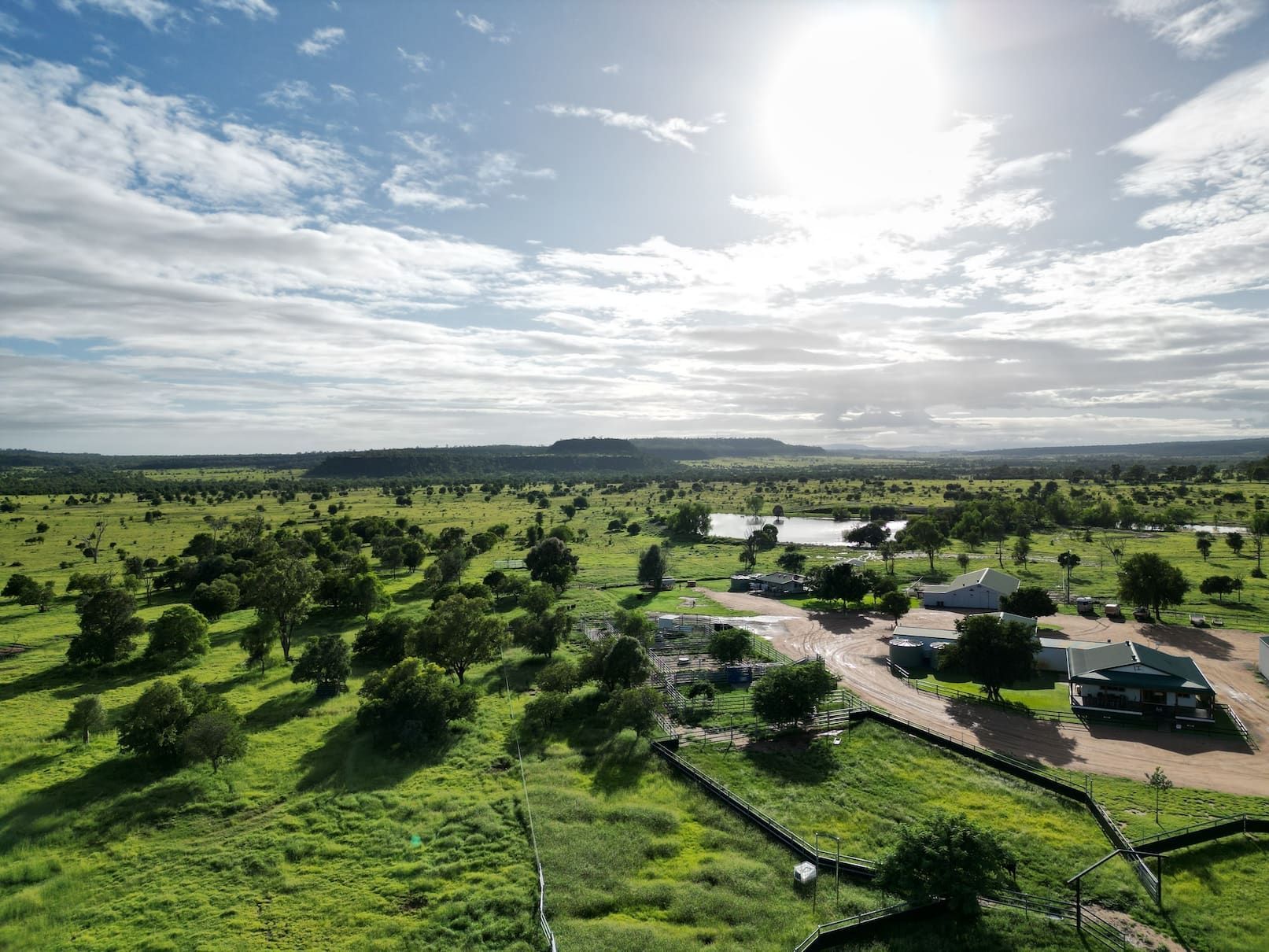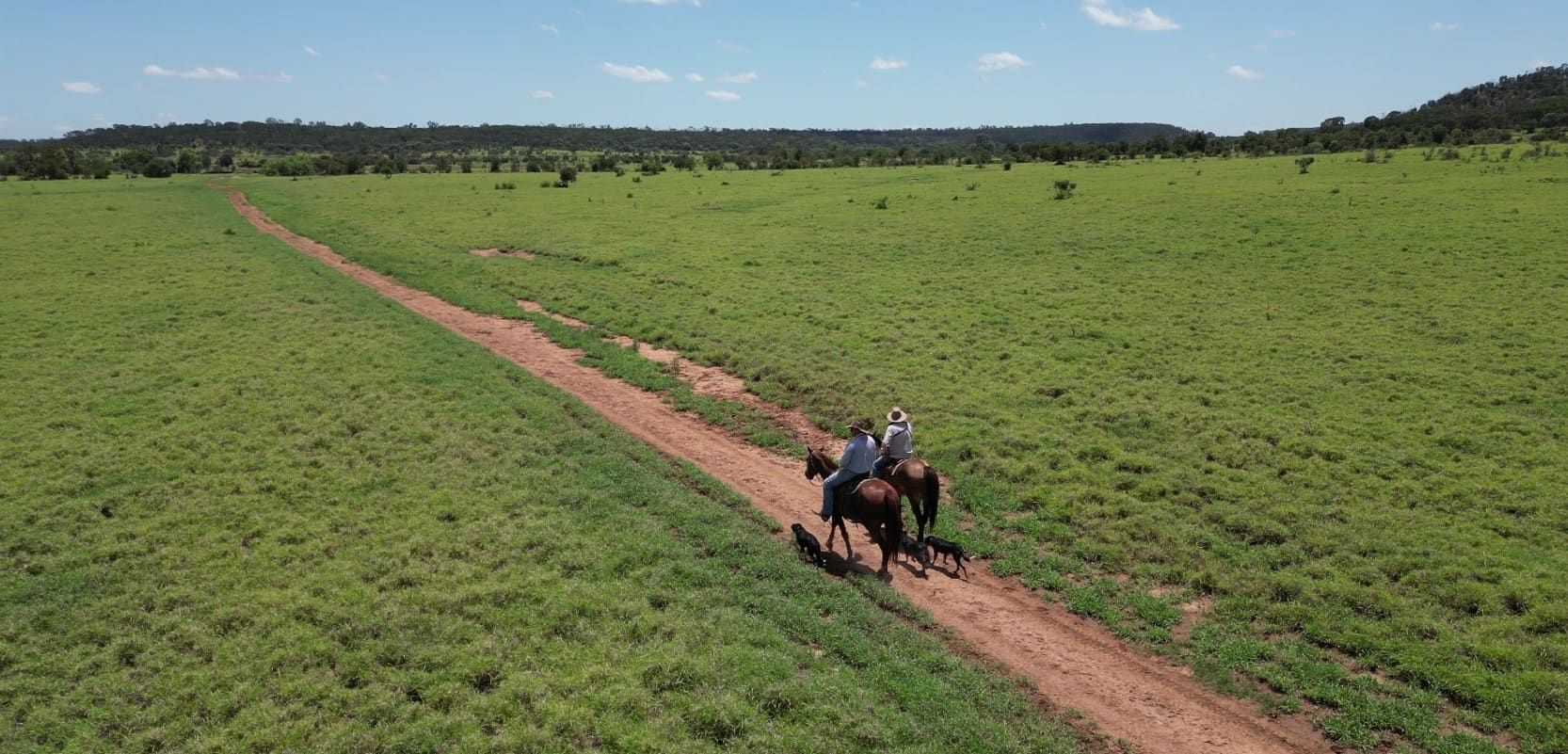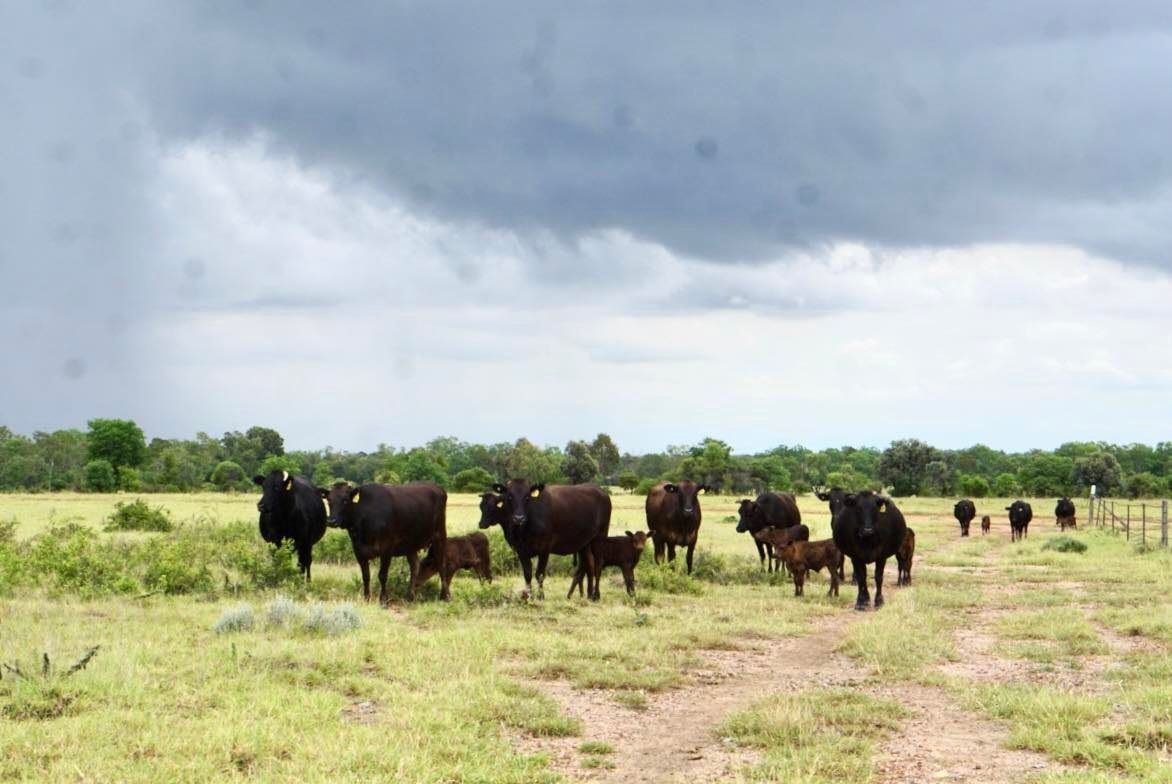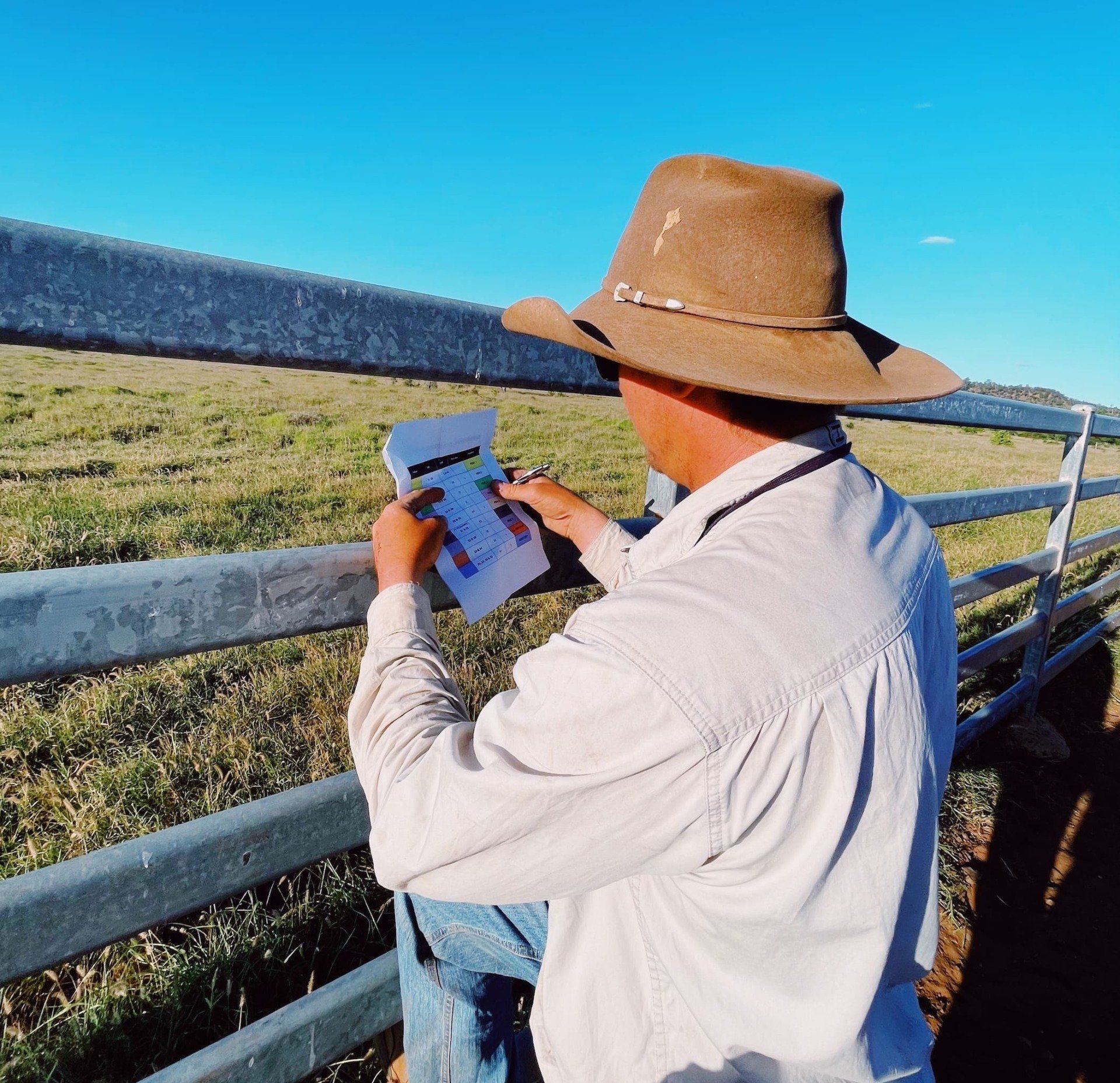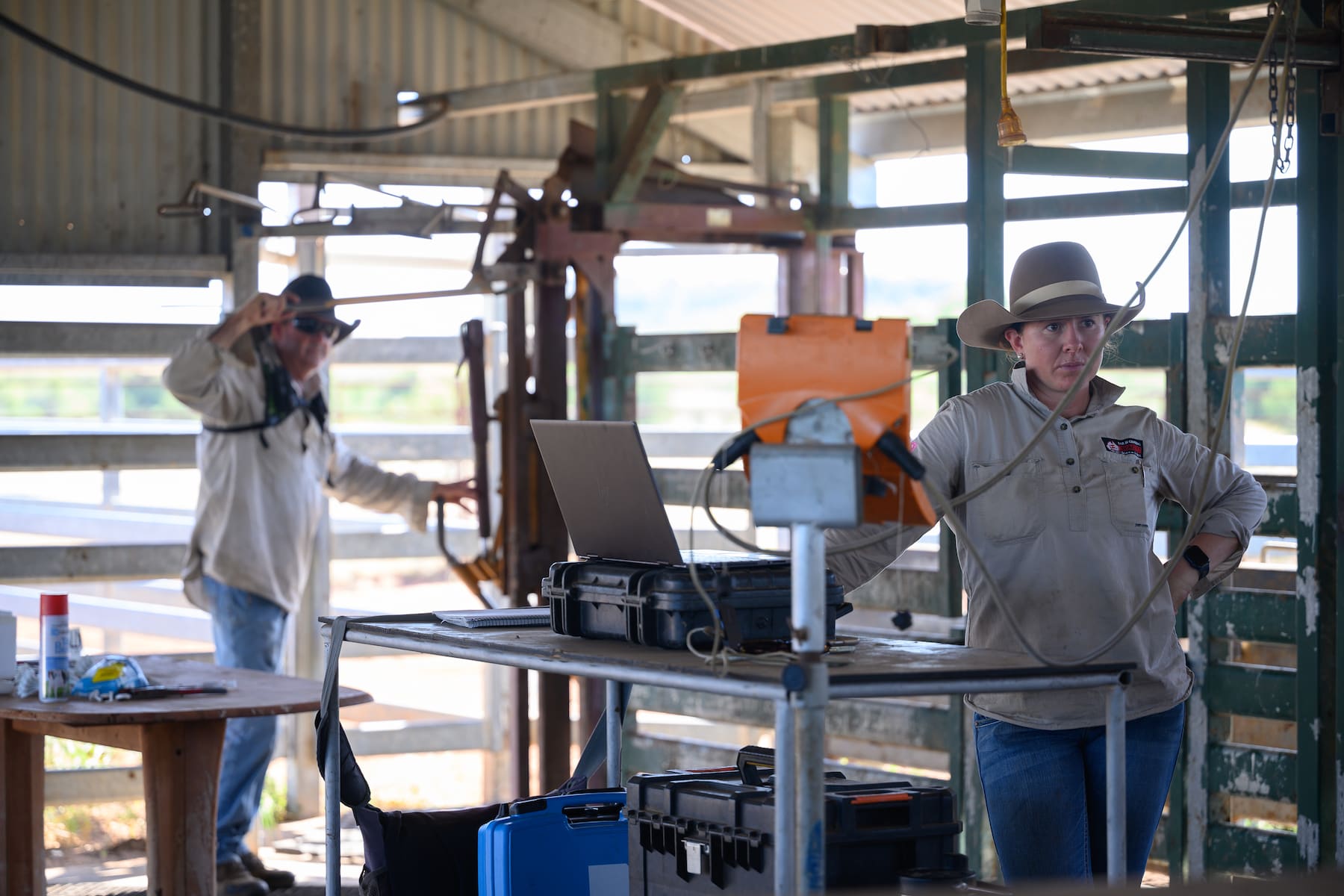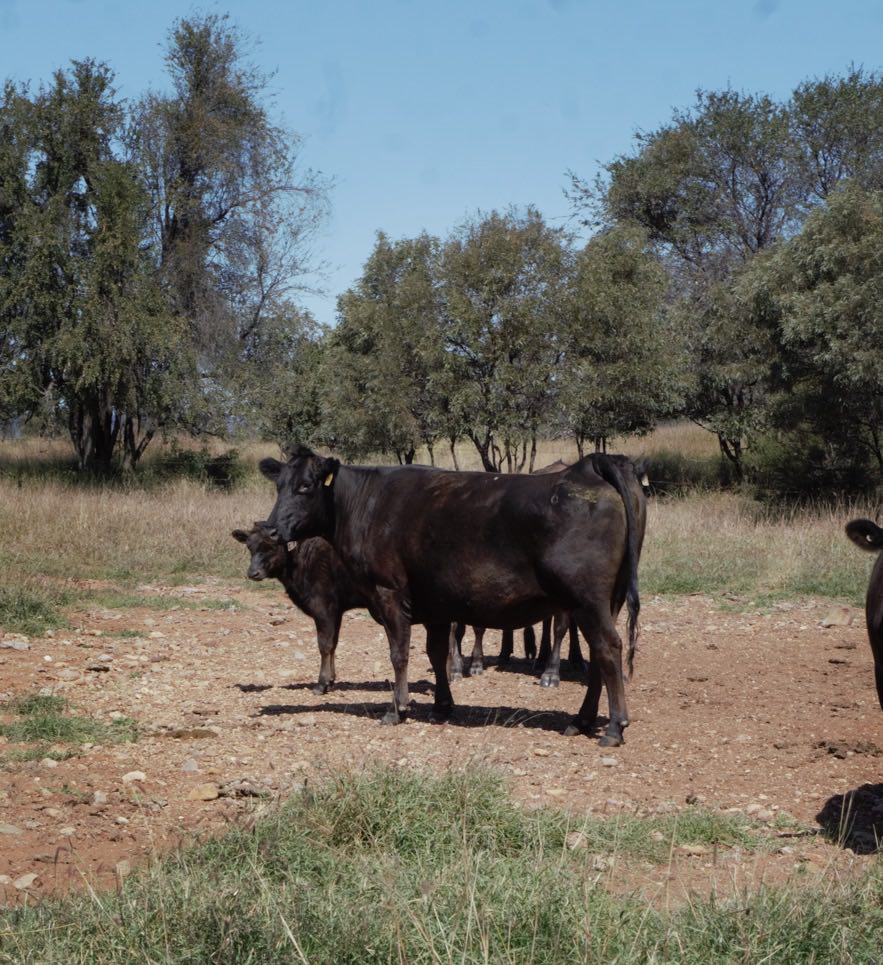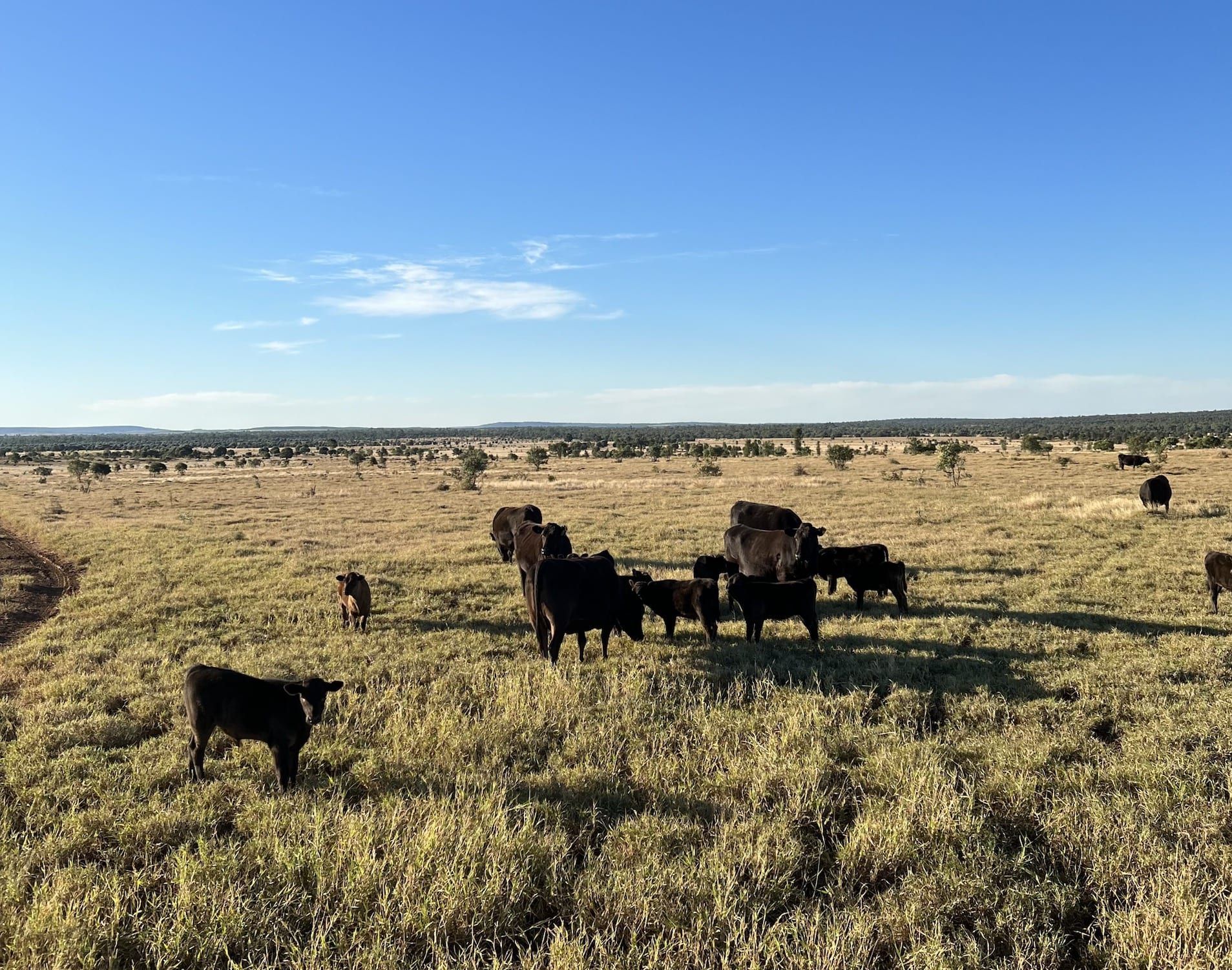Building Positive Business Relationships in Agriculture
Bar H Grazing and Jacks Creek Beef have had a long and mutual business relationship, established upon the foundations of reliability, consistency, and communication. At our recent Wagyu Auction, Jacks Creek was there to support the event and spoke about the value we have bought to each other’s businesses.
We had a chat to Jacks Creek Livestock and Processing Manager Victor Rixon, who has been working closely with Bar H for a good part of his eight years with the company, about what it takes to have a long and positive business relationship. Victor believes that "communication is the biggest thing. Producers having a plan... Letting us know how many cattle they're going to have a month, or if they have to miss a month, when they need a break, the season they’re having, and their performance - it’s all relevant."
Victor believes reliability and consistency are both massive things, he needs to know exactly what he’s going to buy so they go straight onto feed and perform. From a risk perspective, he needs to know that it’s a safe purchase all the way.
“Those producers that we can put a program and a brand around are really important”.
Developing customer loyalty is extremely important in agriculture, particularly since there are so many variables. A study done on 86 farmers active in four different agricultural areas by the British Food Journal in 2015 discovered that the majority of farmers see their relationships more as a necessity for the farm to be able to function, than as an opportunity for innovation. While both are important, innovation cannot happen without established data recording and good communication between buyers and sellers.
Findings also found that farmers need to take more actions to improve their skills in negotiating with suppliers and buyers. They found that characteristics of asymmetric relationships foster the development of innovation processes. As cattle producers, from a business perspective this is the ultimate goal, taking the quality of our operation to another level of standard and development. To do this, working among those reliable relationships in the industry is integral.
Victor believes in order to foster the longevity of an important business relationship there has to be occasional sacrifices, he states that “a couple of our really long-term customers understand that if we need cattle, instead of producers saving those cattle to put another 30kg, they will send them to us when we need them. We have a business to run as well”.
Innovation is at the forefront of successful business; listening, contributing, and negotiating about the best way to do things is a discussion between professionals that will continue to pave the path of innovative development in the agricultural industry.
Sources
Lambrecht, E., Kuhne, B., & Gellynck, X. (2015). Asymmetric relationships in networked agricultural innovation processes. British Food Journal, 1810-1825.
Other Posts


